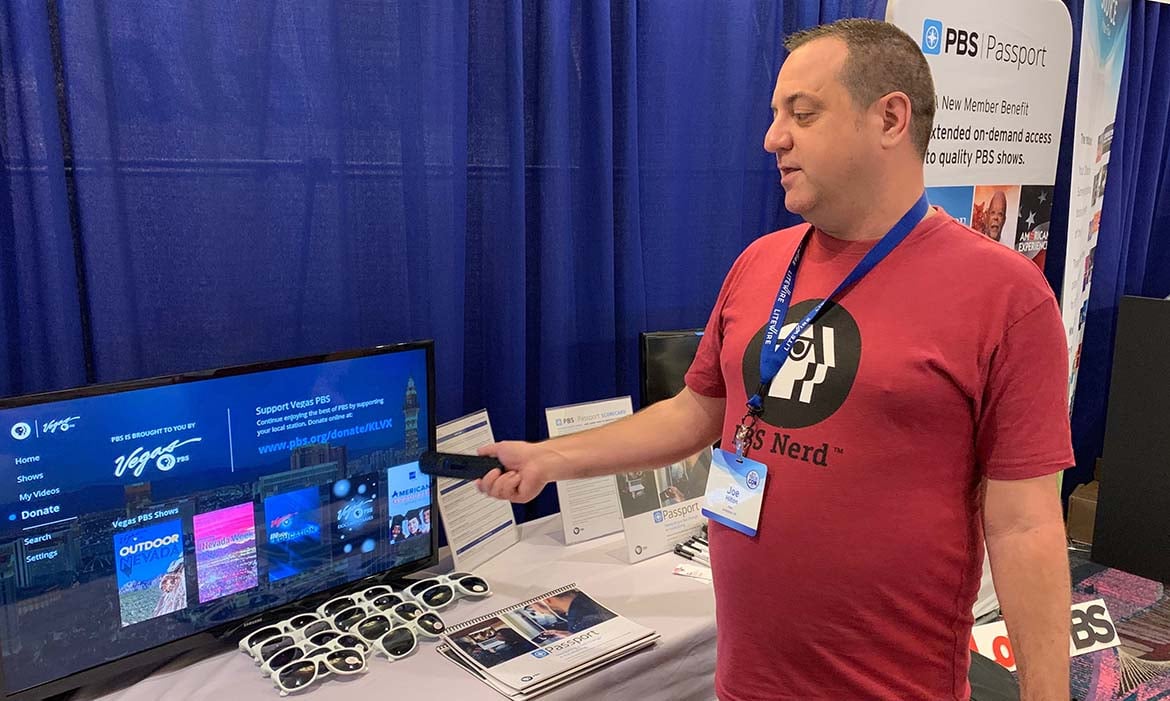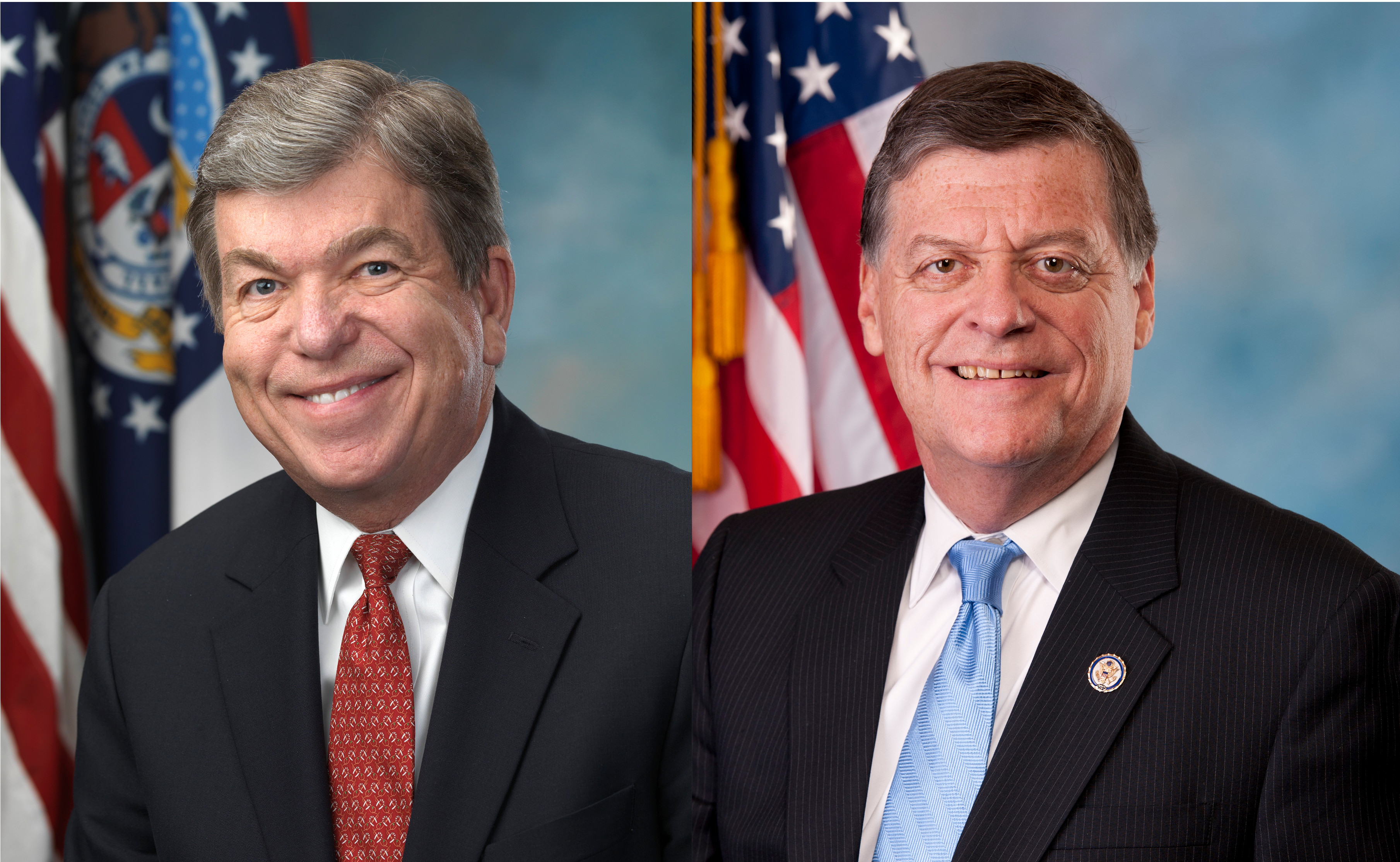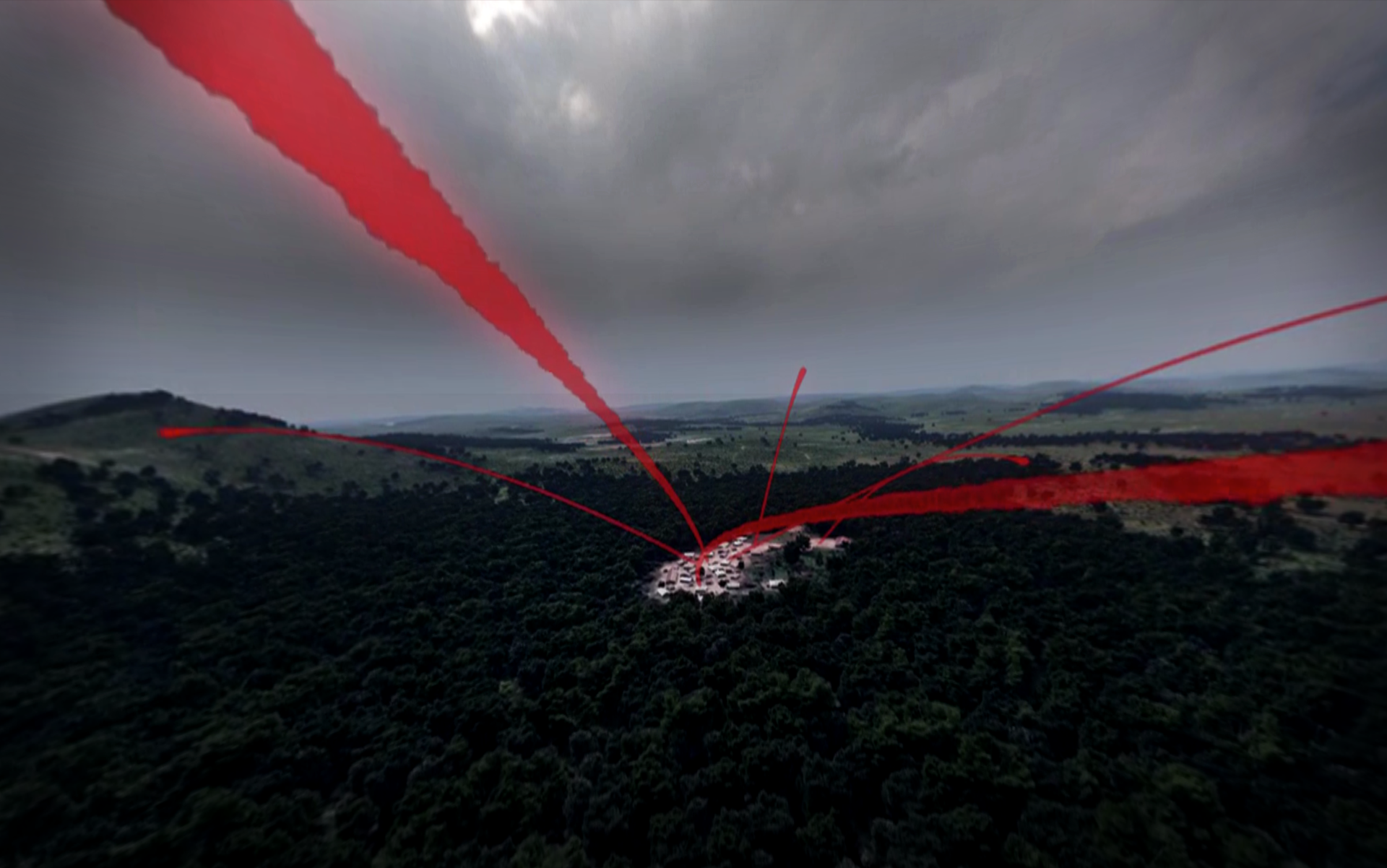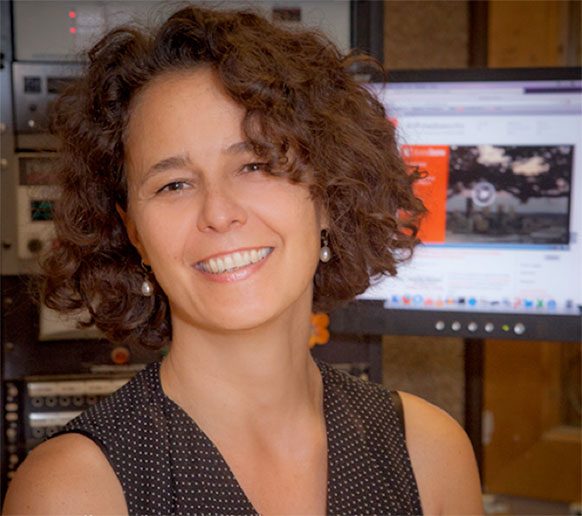Author: Karen Everhart
Karen Everhart is managing editor and interim executive director of Current, supervising the editorial and business teams, freelance contributors, designers and student interns. As a reporter and senior editor over two decades, she covered every major beat — public TV, CPB, public radio and the evolution of public media's digital service strategies. After her promotion to managing editor in 2012, she helped lead Current's transition to digital-first publishing. Karen was appointed interim E.D. in April 2025.
PBS unveils streaming-video apps for Samsung TVs
Funds from the electronics company backed development of apps customized for its Tizen platform.April 9, 2019Introducing a new way to ‘keep Current’
Beginning with our May 7 print edition, subscribers can read digital versions of our newspaper coverage.May 9, 2018Planners of universal sign-in for pubmedia platforms see benefits in understanding audience
A working group convened by CPB has endorsed a systemwide approach to user management, with the goal of enabling products and services ...April 12, 2018Public TV begins counting ‘invisible audiences’ for education content
Stations reach millions of people through off-air services such as parenting workshops but lack a common approach for measuring their reach and ...January 25, 2018PBS honors station leaders, PRNDI names Editor of the Year, and more awards in public ...
Allen Weatherly, former executive director of Arkansas Educational Television Network, was honored posthumously with the Daniel K. Miller PBS Station Leadership Award.By April Simpson and Karen EverhartMay 17, 2017How key committee members in Congress have voted on pubmedia funding
Past votes may indicate how legislators weighing in on CPB’s appropriation will address the White House’s proposed end to federal funding.By Karen Everhart and Mike JanssenMarch 28, 2017With seven wins for ‘Frontline,’ PBS tops TV networks in News & Documentary Emmys
“My Brother's Bomber” and "ISIS in Afghanistan" both received two statuettes.September 22, 2016With Smith’s latest Emmy for ‘Downton,’ hit series leads PBS’s prime-time standouts
Another “Masterpiece” break-out, “Sherlock: The Abominable Bride,” won for best television movie.September 19, 2016Researchers share insights on connecting with millennials on their terms
The president of the Public Radio Program Directors Association challenged those who say public radio doesn’t have to cater to the 76.6 ...August 18, 2016NPR distribution wing prepares request for interconnection upgrade
Plans to make the satellite-based network more efficient are expected to top $50 million.March 3, 2016‘Frontline’ virtual-reality doc takes viewers into heart of Ebola outbreak
The film grew out of Executive Producer Raney Aronson-Rath’s fellowship with the Massachusetts Institute of Technology.September 29, 2015At ONA, news execs recommend innovative approaches to YouTube
News organizations should free themselves to differentiate YouTube content from their marquee products, the panelists advised.September 28, 2015ONA awards grants to university journalism programs
The organization extended its support for the Georgia News Lab and the New Mexico News Port.September 26, 2015NPR, Greater Public team up to create pledge campaign built on Spark promotions
Pledge messages coming to public radio this fall will target listeners who find themselves tuning into Morning Edition more often.July 10, 2015With Localore expansion, AIR’s Schardt looks to spread culture of R&D, mission of inclusion
The Association of Independents in Radio is preparing to roll out its next iterations of Localore, the innovation initiative that paired indie ...September 9, 2014











